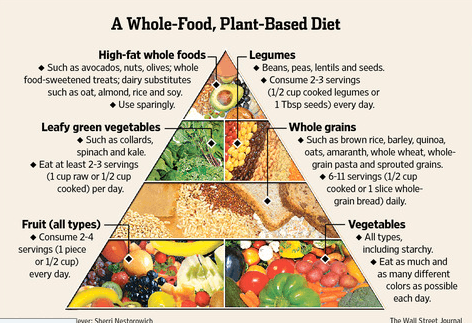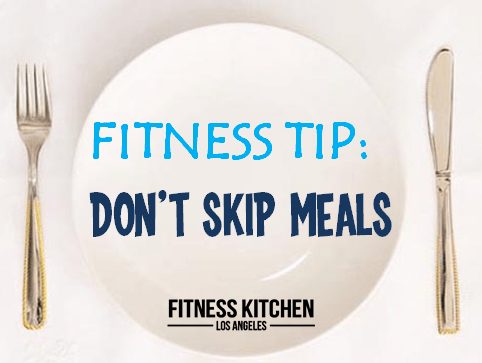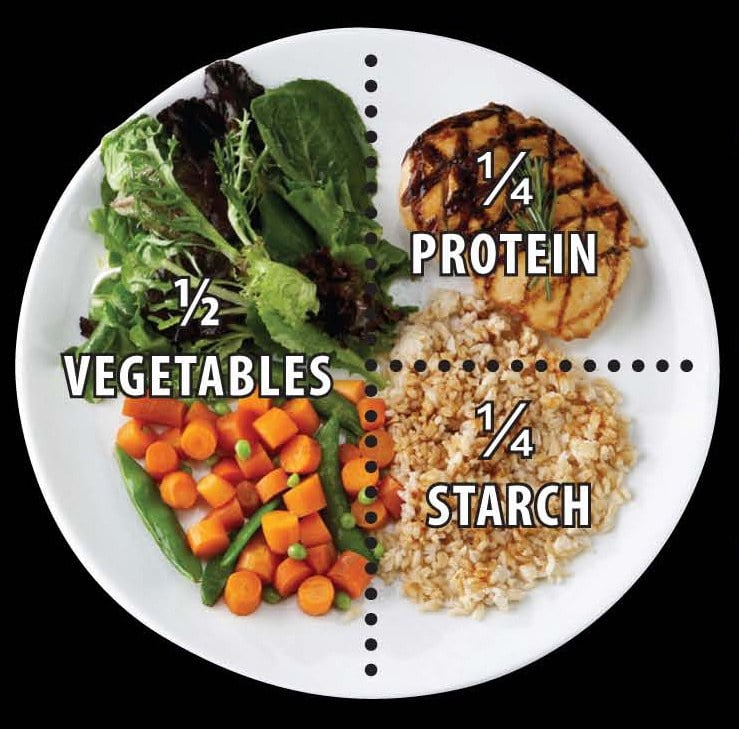Eating is a natural, healthy, and pleasurable activity for satisfying hunger. However, in our food abundant, diet-obsessed culture, eating is often mindless, consuming, and guilt inducing instead. Mindful eating is an ancient mindfulness practice with applications for resolving this troubled love-hate relationship with food.
Mindful eating is eating with attention and intention. It is eating with the intention of caring for yourself. It is also eating with the attention necessary for noticing and enjoying your food and its effects on your body.
As you can see, mindful eating is much more than “eating slowly, without distraction.” While it is certainly a major point or aspect of it, it definitely is not everything.
Mindful eating encompasses the entire process of eating:
– Awareness of your physical and emotional cues.
– Recognition of your non-hunger triggers for eating.
– Learning to meet your other needs in more effective ways than eating.
– Choosing food for both enjoyment and nourishment.
– Eating for optimal satisfaction and satiety.
– Using the fuel you’ve consumed to live the vibrant life you crave.
– This broad application makes mindful eating a powerful tool for developing a healthier, happier relationship with food.
1. Eat A Plant-Based Diet
Researchers at the University of Chicago estimate the Average American could reduce global warming by becoming vegetarian. It is certainly more helpful than buying a Camry or Prius.
When eating meat products, especially red meat, there is a greater chance of colon cancer and heart disease. Switch red meat and dairy to poultry and eggs one day a week as a beginning tool. This is good for both you and our environment.
2. Don’t Skip Meals
Skipping meals makes it harder to make mindful choices. When hunger pangs strike, you are prone to grab whatever is closest to your hand. This can mean stopping at a fast-food restaurant or buying something unhealthy from a vending machine.
Plan regular meals to help give a constant eating rhythm to the body. Do not eat fast, but eat slowly! This allows the body to process all that is going inside of you.
3. Chew Thoroughly
Chew each bite until it is liquified. This can be up to 20 to 40 times, but it is worth it. Chewing helps the tongue and palate taste the food better and reduces the possibility of choking.
4. Avoid Overeating
There is a huge difference between eating enough and eating as though you can’t contain the contents of the food you just ate. Mindful eaters practice the former so they do not overtax their bodies.
5. Eat Slowly
Eat slowly so you know when you can stop before you eat too much. You will be surprised to find out in Chinese medicine, one is to eat until he or she is only 80% full in order to keep the digestive system working efficiently.
6. Focus on the Meal
Choosing to focus on the food or meal allows you to truly enjoy the eating experience.
7. Drink Water Before Eating
When you drink a glass of water before you eat, you eat less afterwards and don’t put on as many calories. Plus, you remain far from dehydrated, and your body gets adequate hydration to keep you awake and full of energy.
8. Engage All Six Senses
As you serve and eat your food, observe the sounds, colors, smells, and textures involved in your food. Do not just rely on the taste alone. When you put your first bite in your mouth, act as though this was the first time you tasted the particular food.
Practicing in engaging the senses helps you enjoy the food.
9. Honor The Food
Start the meal with five contemplations or whichever traditional prayer or form of gratitude you choose to prefer. The five contemplations:
1. This food is the gift of the whole universe: the earth, the sky, numerous living beings and much hard, loving work.
2. May we eat with mindfulness and gratitude so as to be worthy to receive it.
3. May we recognize and transform our unwholesome mental formations, especially our greed, and learn to eat with moderation.
4. May we keep our compassion alive by eating in such a way that we reduce the suffering of living beings, preserve our planet, and reverse the process of global warming.
5. We accept this food so that we may nurture our sisterhood and brotherhood, strengthen our community, and nourish our ideal of serving all living beings.
10. Rate Your Hunger
Know how hungry you are. Then, rate yourself. Eat according to how hungry you are. If you are not filled, eat a snack later on in a few hours. This helps you control your weight.
Featured photo credit: mad for health via madforhealth.com.au






















































